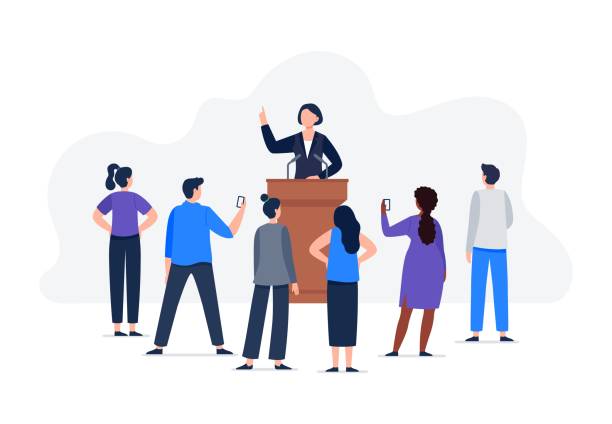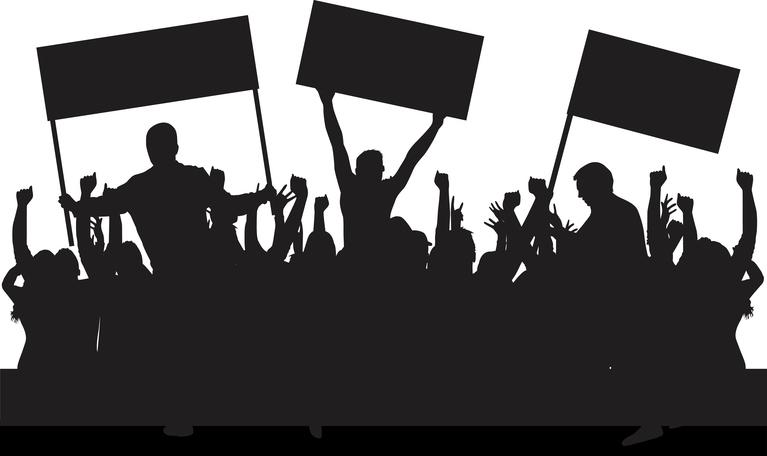2 hours ago
Latest Updates
Featured Posts
Get in Touch
Location:
123 Innovation Street
Tech District, CA 94105
123 Innovation Street
Tech District, CA 94105
Email:
[email protected]
[email protected]
Phone:
+1 (234) 567-890
+1 (234) 567-890
What is the Basic Concept of Politics: Complete Guide
Politics
At its core, politics revolves around the distribution and exercise of power within a society. It involves the negotiation of conflicting interests, the allocation of resources, and the establishment of laws and regulations that govern social behavior. Politics permeates every aspect of human life, from the local level of community governance to the global arena of international relations. Read about What are the 4 Types of PoliticsOrigins and Evolution of Politics
The study of politics dates back to ancient civilizations, where communities developed systems of governance to organize themselves and address common challenges. Over time, political institutions and ideologies have evolved in response to changing social, economic, and technological conditions. [caption id="" align="aligncenter" width="304"] Politics[/caption]
Politics[/caption]
Key Political Concepts
Central to the understanding of politics are concepts such as power, authority, and governance. Power refers to the ability to influence or control the behavior of others, while authority is the legitimate use of power within a specific context. Governance involves the processes by which societies make collective decisions and implement policies.The Role of Government
Governments play a crucial role in politics, providing essential services, upholding the rule of law, and protecting the rights and freedoms of citizens. The functions of government include maintaining public order, providing infrastructure, and promoting the general welfare. Discover about What are the 16 Concepts of Global PoliticsTypes of Political Systems
Political systems vary widely across different societies, ranging from democracies, where power is vested in the people, to autocracies, where authority is concentrated in the hands of a single ruler or elite group. Each system has its unique strengths and weaknesses, influencing the distribution of power and the degree of individual freedom.Political Ideologies
Ideologies such as liberalism, conservatism, socialism, and nationalism shape political beliefs and agendas, offering competing visions of the ideal society and the role of government. These ideologies often form the basis of political parties and movements, driving debates over policy priorities and social values. Learn about What is Direct DemocracyPolitical Processes
Political processes encompass a range of activities, including elections, legislative decision-making, and policy implementation. Participation in these processes is vital for ensuring democratic accountability and representation, allowing citizens to voice their concerns and hold leaders accountable for their actions. https://www.youtube.com/watch?v=OHTfl8rNOn0&pp=ygUmV2hhdCBpcyB0aGUgQmFzaWMgQ29uY2VwdCBvZiBQb2xpdGljcyA%3DPolitical Participation
Political participation takes many forms, from voting in elections to engaging in grassroots activism and community organizing. Active participation is essential for ensuring the responsiveness and legitimacy of political institutions, fostering a sense of civic duty and collective responsibility.International Politics
In an increasingly interconnected world, international politics shape the dynamics of global cooperation and conflict. Diplomacy, foreign policy, and participation in international organizations play a critical role in addressing transnational challenges and promoting peace and security.Political Culture
Political culture refers to the shared values, beliefs, and norms that shape collective attitudes towards authority, citizenship, and civic engagement. Cultural factors influence political behavior and decision-making, shaping the contours of public discourse and policymaking.Political Economy
The relationship between politics and economics is central to understanding how societies allocate resources and distribute wealth. Political decisions about taxation, regulation, and public spending profoundly impact economic outcomes, shaping patterns of inequality and social mobility.Political Change and Reform
Throughout history, political change has often been driven by social movements, revolutions, and reforms aimed at challenging existing power structures and promoting social justice. These movements highlight the dynamic nature of politics and the potential for transformative change.Challenges in Politics
Politics is not without its challenges, including corruption, conflict, and the erosion of democratic norms. Addressing these challenges requires ongoing vigilance and collective action to uphold the principles of transparency, accountability, and respect for human rights. [caption id="" align="aligncenter" width="383"] Challenges in Politics[/caption]
Challenges in Politics[/caption]
Impact of Technology on Politics
The rise of digital technology has transformed the landscape of politics, enabling new forms of communication, mobilization, and surveillance. Social media platforms, in particular, have become powerful tools for political engagement, shaping public opinion and influencing electoral outcomes.Conclusion
In conclusion, politics is a multifaceted phenomenon that shapes the fabric of human society in profound ways. By understanding its basic concepts and dynamics, individuals can better navigate the complexities of political life and contribute to the ongoing pursuit of a more just and equitable world.FAQs
- What role do political parties play in modern democracies? Political parties serve as vehicles for political participation and representation, articulating competing visions of governance and policy priorities.
- How do political ideologies influence policymaking? Political ideologies provide frameworks for understanding societal problems and proposing solutions, shaping the policy agenda and legislative debate.
- What are some examples of political movements that have brought about significant change? Movements such as the civil rights movement, women's suffrage, and anti-colonial struggles have challenged entrenched power structures and advanced principles of equality and justice.
- How does globalization impact the practice of politics? Globalization facilitates the exchange of ideas, resources, and technologies across borders, but it also creates new challenges related to economic inequality, environmental degradation, and cultural identity.
- What can individuals do to engage in meaningful political participation? Individuals can participate in politics by staying informed, voting in elections, advocating for causes they believe in, and holding elected officials accountable for their actions.
